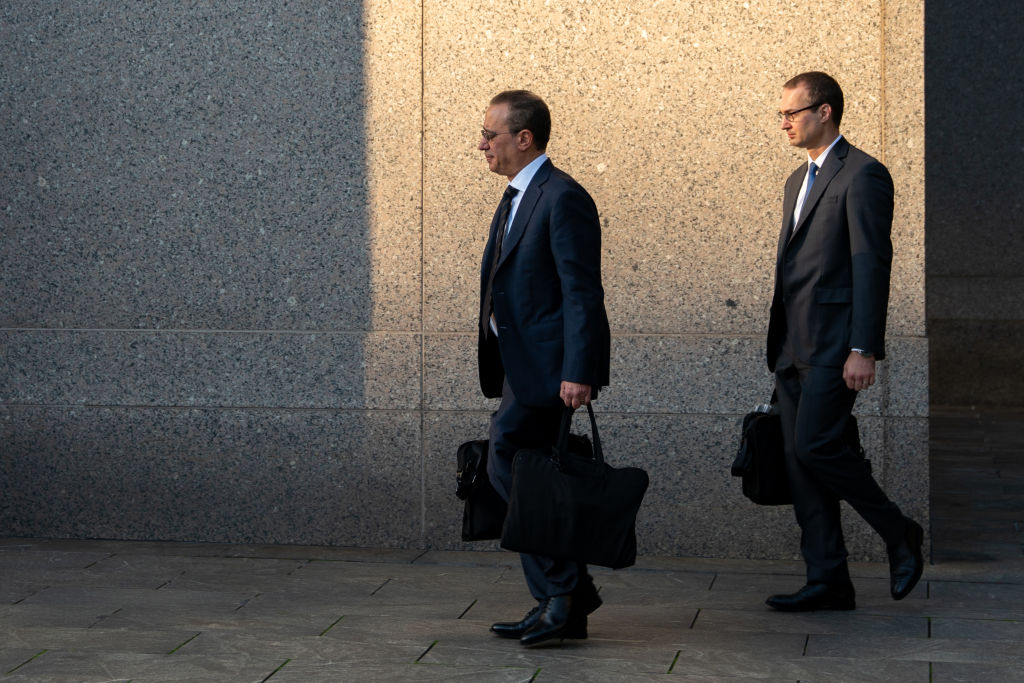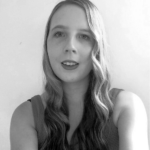Twelve jurors are now in place and opening statements have been made in the trial of Sam Bankman-Fried, the founder and former chief executive offcier of collapsed crypto exchange FTX.
Opening Statements
Prosecutors allege that Bankman-Fried committed “a massive fraud” in an opening statement made to the jury, according to Inner City Press, a court reporting organization which was live blogging the trial from the Manhattan courtroom.
“He had wealth, he had power, he had influence,” said Thane Rehn, assistant U.S. attorney for the Southern District of New York. “But it was built on lies.”
Bankman-Fried is facing seven charges including wire fraud and conspiracy to commit money laundering in relation to the operation of FTX. Opening statements are made by both the prosecution and the defense. They set the scene for the jurors and provide a general roadmap on how the trial should play out.
The defense rebutted the prosecution’s claims of fraud, instead placing the blame on startup teething problems — such as the exchange’s lack of a chief risk officer — and Caroline Ellison, the co-CEO of its sister company Alameda Research and Bankman-Fried’s former girlfriend. She has already pleaded guilty to fraud and will be a star witness for the prosecution.
“Sam didn’t defraud anyone,” said Mark Cohen, a partner at law firm Cohen & Gressner and Bankman-Fried’s defense lawyer. “He acted in good faith.”
“But [what] if the prices went down?” he said, referencing the potential for a negative impact on Alameda Research in the event of a crypto downturn. “Sam spoke to Ms. Ellison and urged her to put on a hedge. She didn’t do so.”
Jury Selection
The trial kicked off on Tuesday with jury selection, which is also known as voir dire. U.S. District Judge Lewis Kaplan posed questions, compiled by both the defense and prosecution, to more than 80 potential jurors to identify their suitability for the case. Jurors must determine whether the defendant knew they were committing the alleged crimes based solely on the facts and evidence presented during trial.
“It would not surprise me if some of you have heard about the case,” said Kaplan to the potential jurors.
Among the questions asked by Kaplan to establish their impartiality were whether they had personal knowledge of the case, according to a report from Inner City Press. One potential juror said they had heard about it on Joe Rogan’s podcast. Another said they worked for a company that invested in FTX and Alameda Research.
“Made or lost money?” Kaplan asked. “Lost money,” the potential juror responded.
By mid-Wednesday morning, 12 jurors and six alternates had been selected. In a U.S. criminal case, a verdict must be made unanimously by the jury. For multiple charges, the jury can return a verdict on the counts on which they unanimously agree.
Witness testimonies
The jury selection process also provided further insight into who may either testify or be referenced in the trial. The defense and prosecution provided a list of names to potential jurors to check if they would pose any conflict of interest including investor Anthony Scaramucci, former Alameda Research co-CEO Sam Trabucco and crypto exchange Binance.
The prosecution introduced their first witnesses on Wednesday afternoon — commodities trader and FTX customer Marc Antoine Julliard and Adam Yedidia, a former Alameda Research employee and close friend of Bankman-Fried.
“As a developer for FTX, I may have unwittingly written a code that contributed to a crime,” Yedidia told the courtroom under examination by prosecutor Danielle Sassoon.






